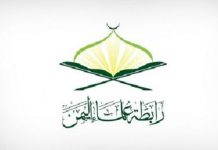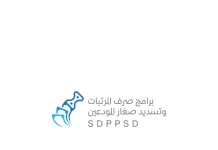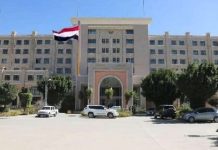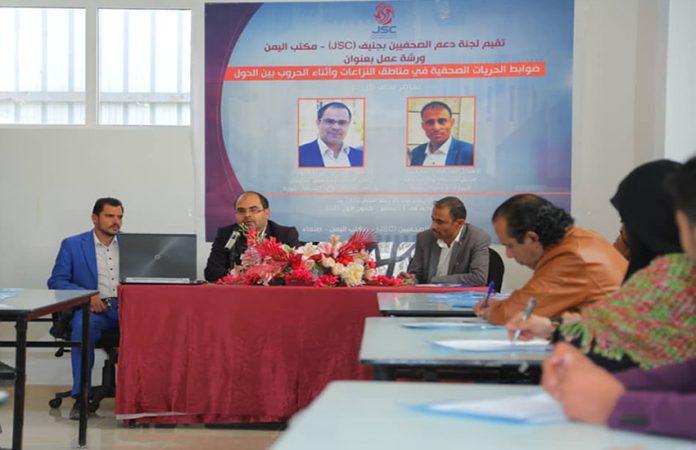The Journalist Support Committee (JSC) in Geneva has organized a workshop through its office in Yemen on Wednesday, entitled “Controls of press freedoms in conflict zones and during inter-state wars”.
Yahya al-Sharafi, the representative of the JSC in Yemen, said that the workshop targeted editorial policy officials of media and journalist organisations in the capital Sana’a, with the aim of raising awareness among journalists.
He underlined that the core work of the JSC is to defend freedom of expression and the media workers themselves, especially journalists who represent the eyes and ears of communities and peoples in their countries.
“Part of the press workers in Yemen may sometimes overlook, in varying proportions, the rules, basics and principles of journalism that are compatible with the media regulations and legislation in force in Yemen, so the role of the JSC is to make them aware of these rules and principles,” he said.
He stressed that the recall of these controls and legislation is becoming increasingly important in this period due to the state of war in Yemen with an external enemy.
“The situation requires the JSC to educate journalists – especially media and editorial policy officials in press institutions – and to provide them with rules and information to avoid any legal problems during their media coverage and press activities, because of the incompatibility of the principles, freedom of the press or freedom of the media with the controls and standards. Today’s priority is to operate and to inform journalists, because the country is in a state of war and faces an external enemy,” he explained.
Al-Sharafi pointed out that “the standards of journalism in time of peace differ from those during a state of war, especially during inter-state wars, when a country is subjected to an aggression from another country, as is the case in Yemen.”
For his part, Abdel-Rahman al-Ahnoumi, Head of the Yemeni Media Union and Chairman of the Board of Directors of Al-Thawra Foundation for Press, Printing and Publishing, praised the JSC’s efforts of providing support to the press community as a whole, including securing their work and protecting them from any violations they may be subjected to for their press activities.
“The SJC must make the journalist aware of any legal accountability that might cause him or her any problems or difficulties limiting his or her job,” he said.
Al-Ahnoumi stressed the importance of bringing to the attention of journalists and editorial officials of press and media institutions, the standards and controls that must be observed in the course of press work in the event that a country is subjected to external aggression.
“There are criteria and controls to be observed during journalism in the event that a country is subjected to external aggression, which is to know what should and should not be published or talked about and whether this case or the one that the journalist seeks to publish may serve the public interest or serve the enemy,” he explained .
At the workshop, Rachid al-Haddad, a writer and political analyst reviewed the most prominent standards of journalism during wars, and the difference between the controls of press freedoms in the case of peace and in the event of an external aggression or internal war.
He referred to the procedures that journalists should follow in the event of any problems, difficulties or violations due to the exercise of their activities.




















